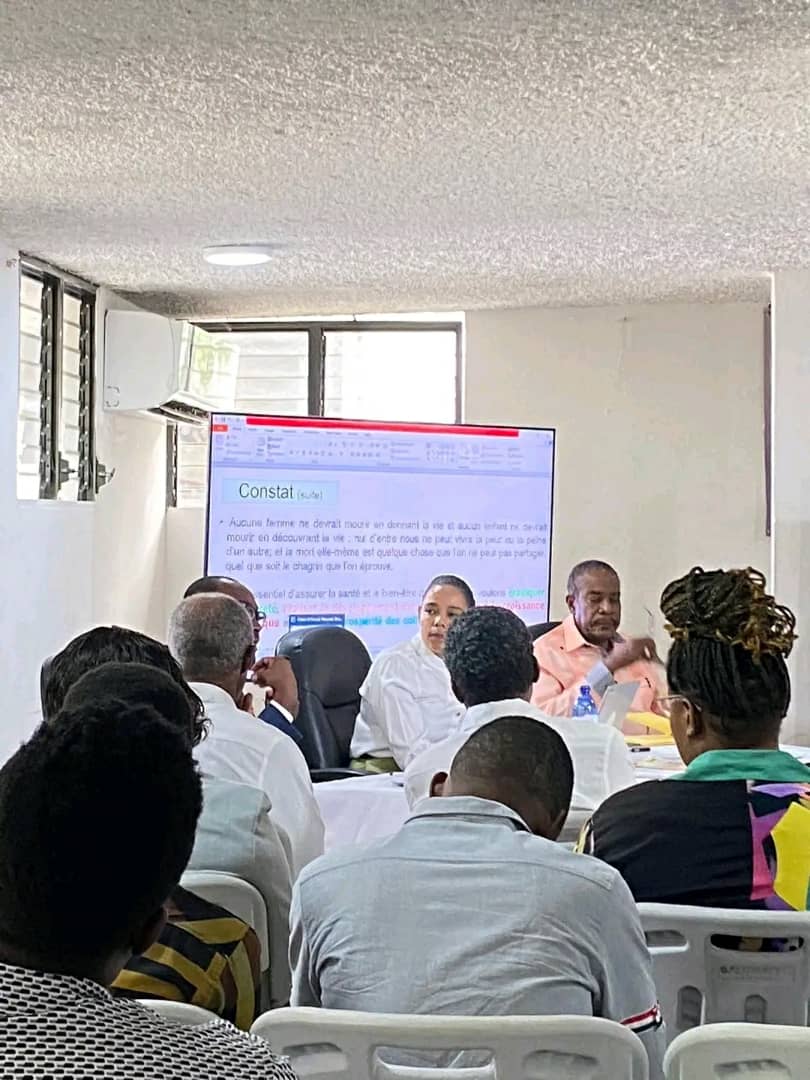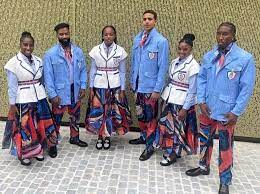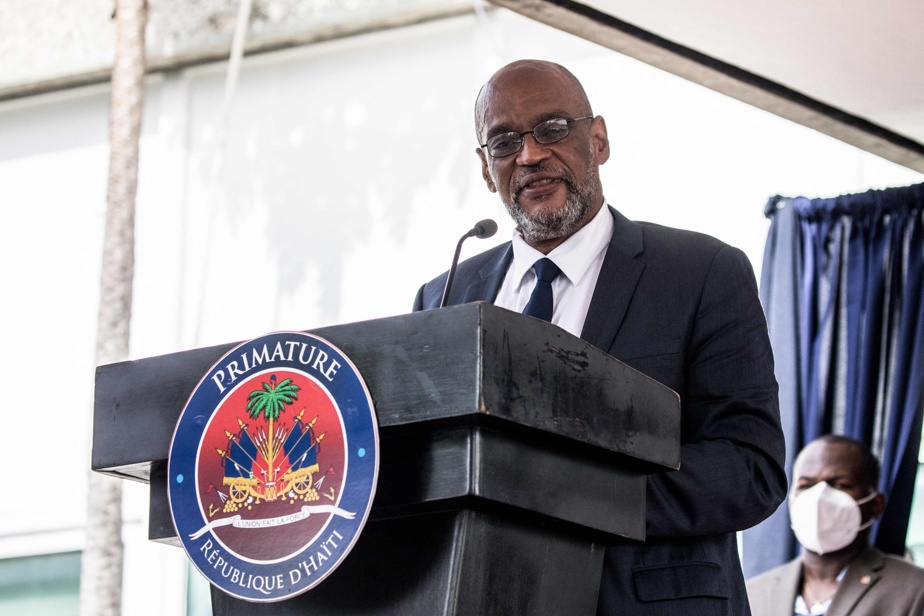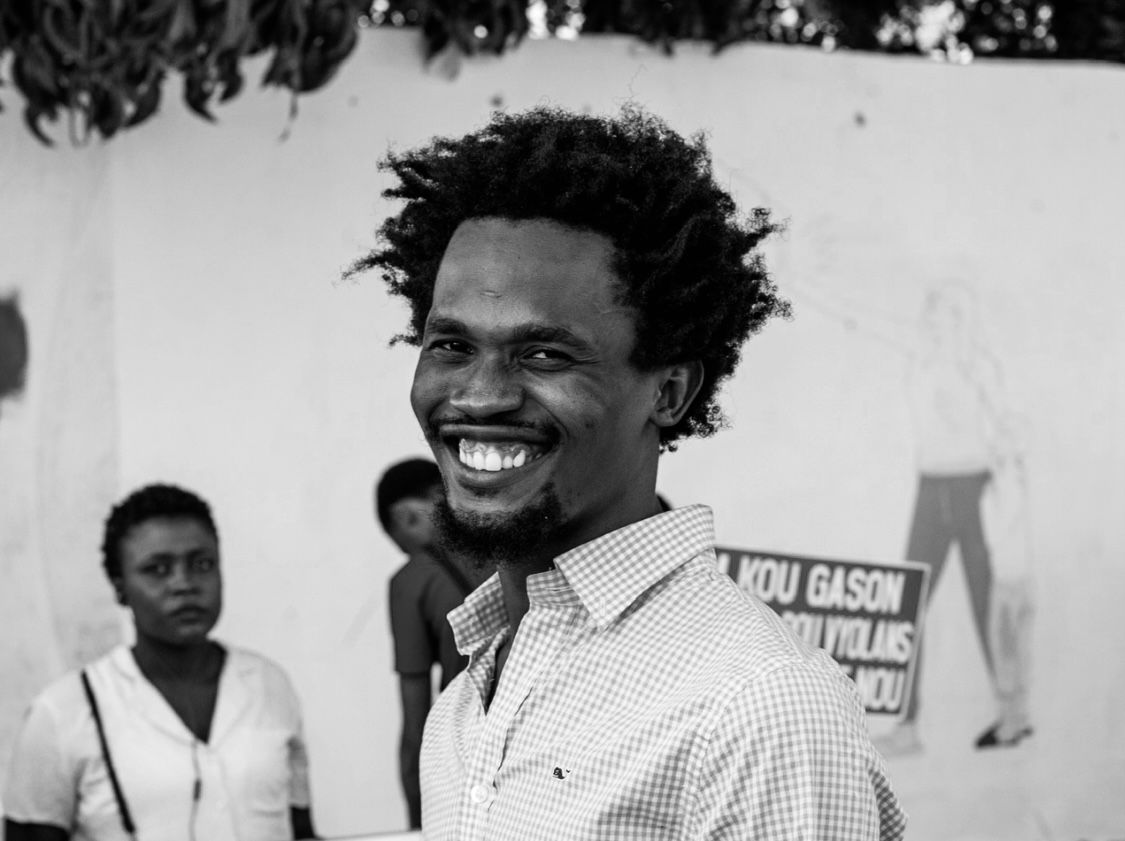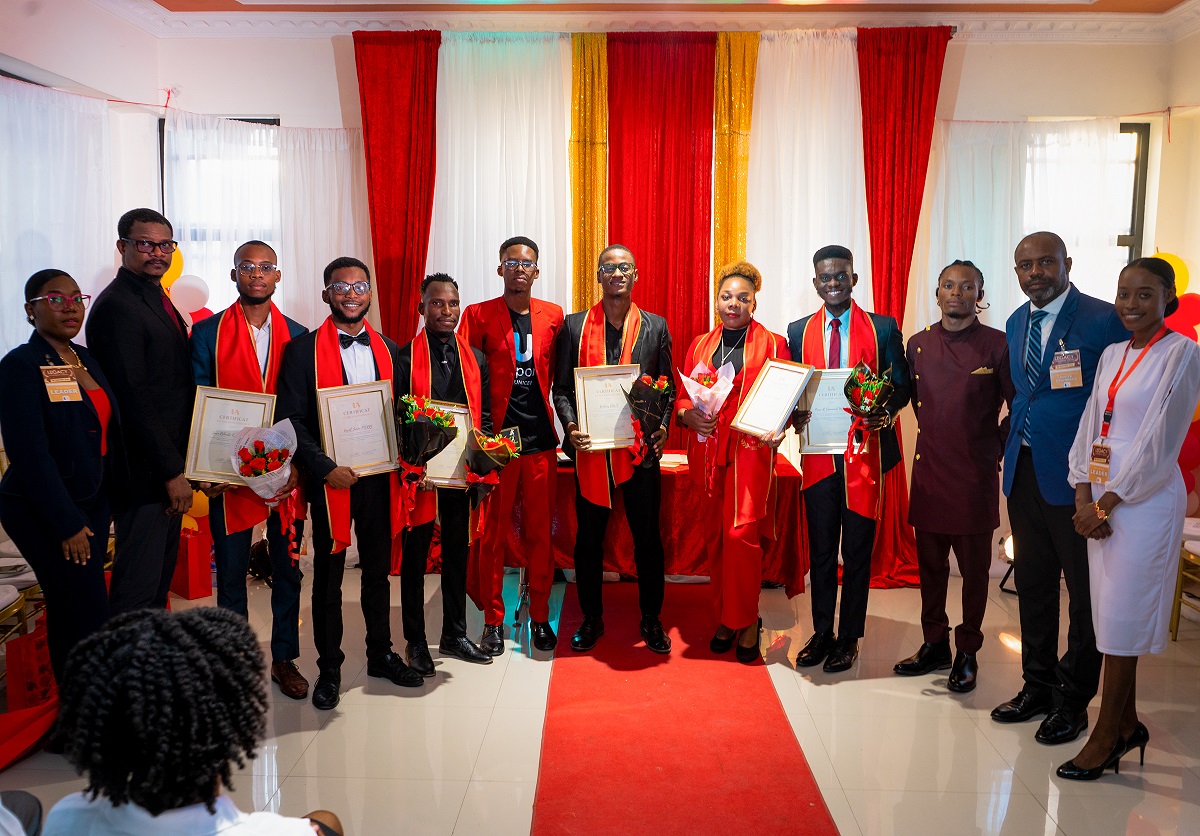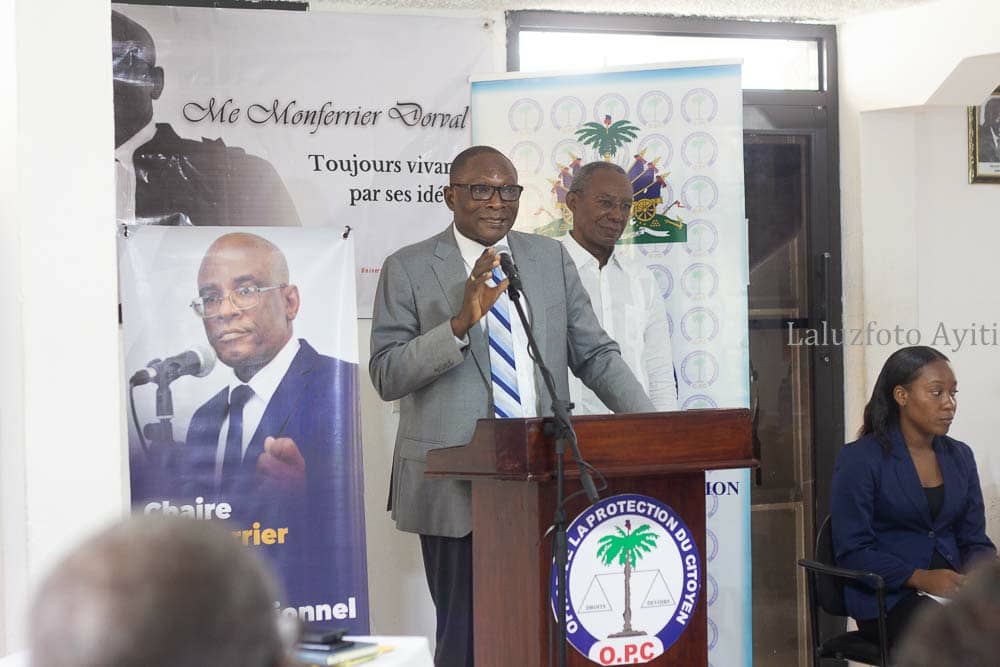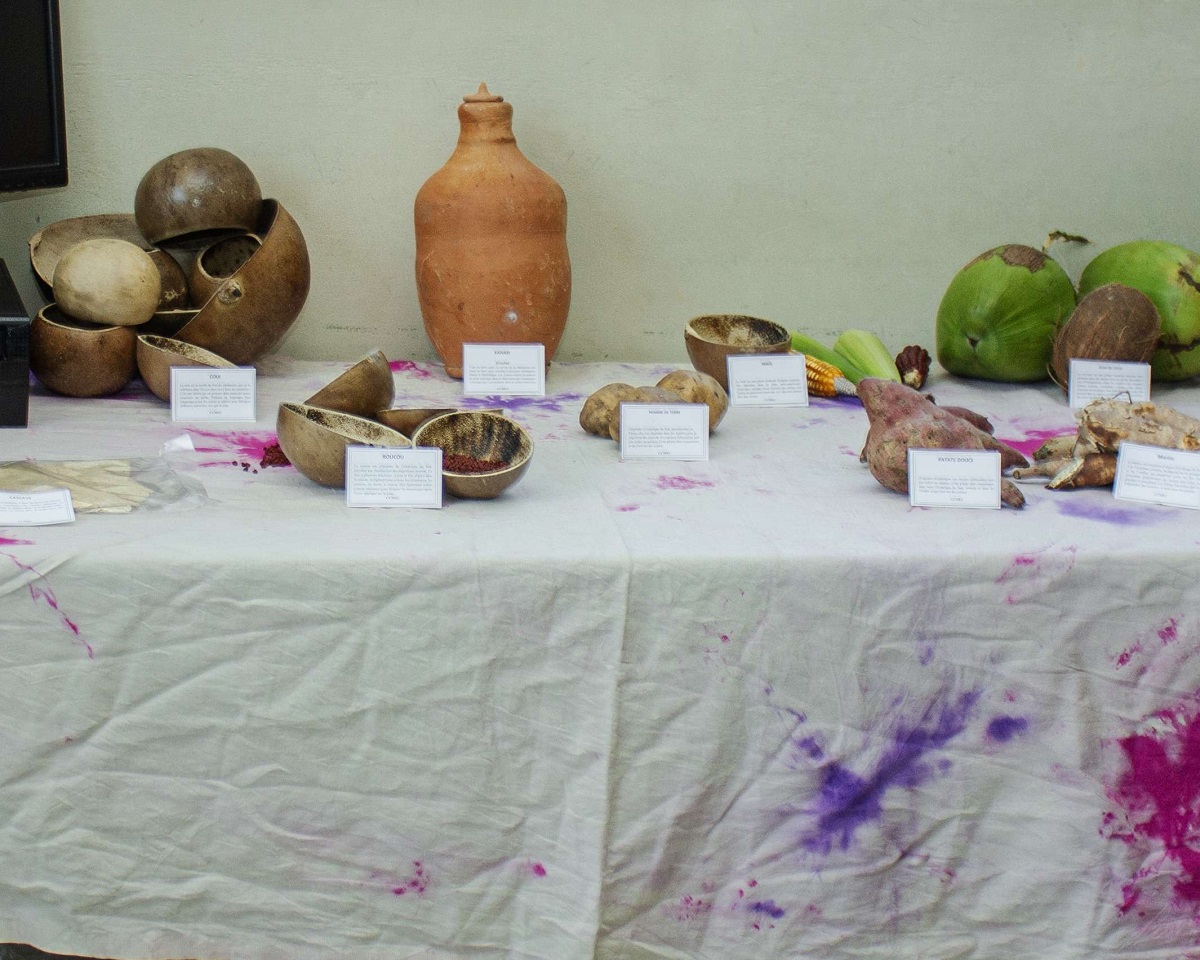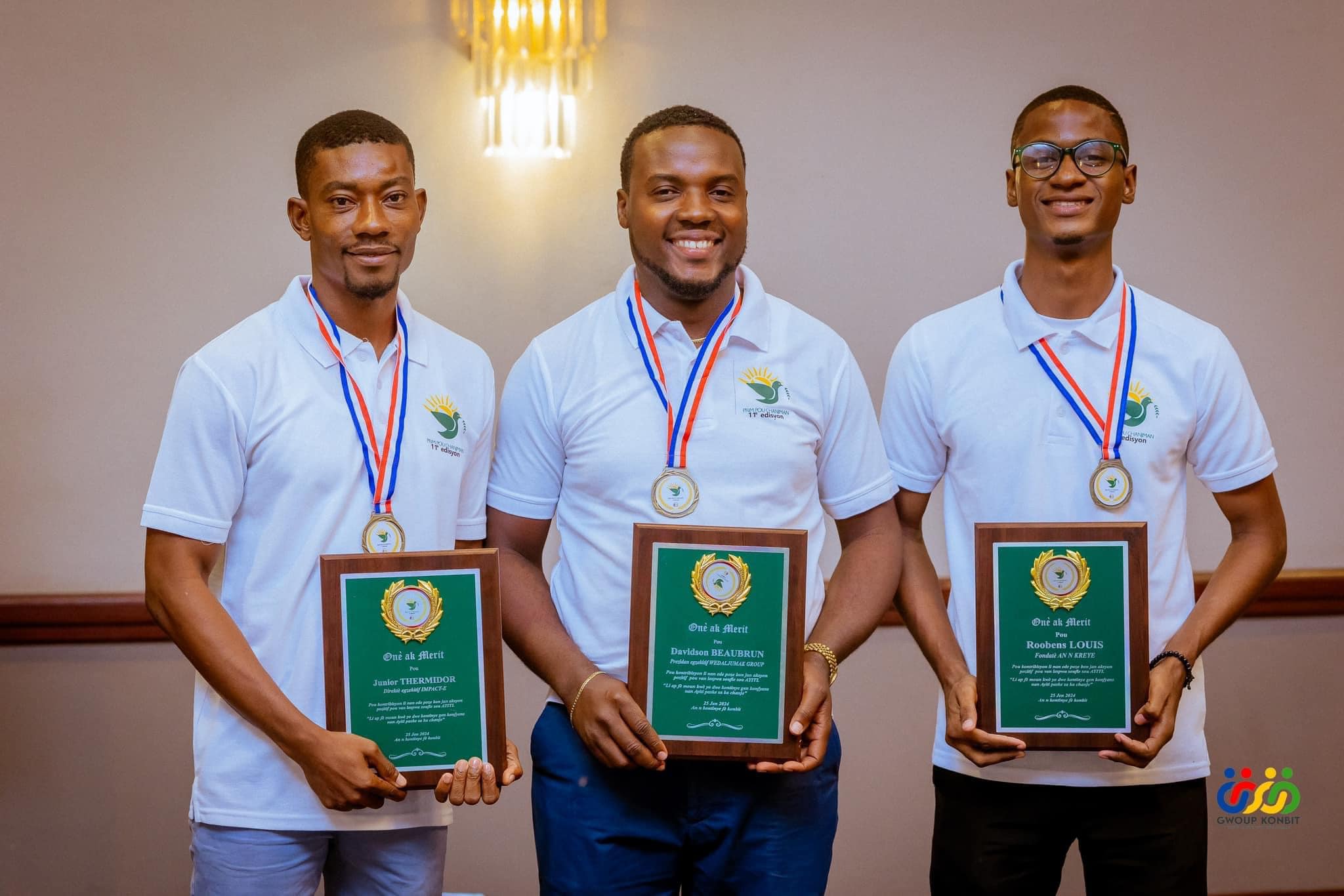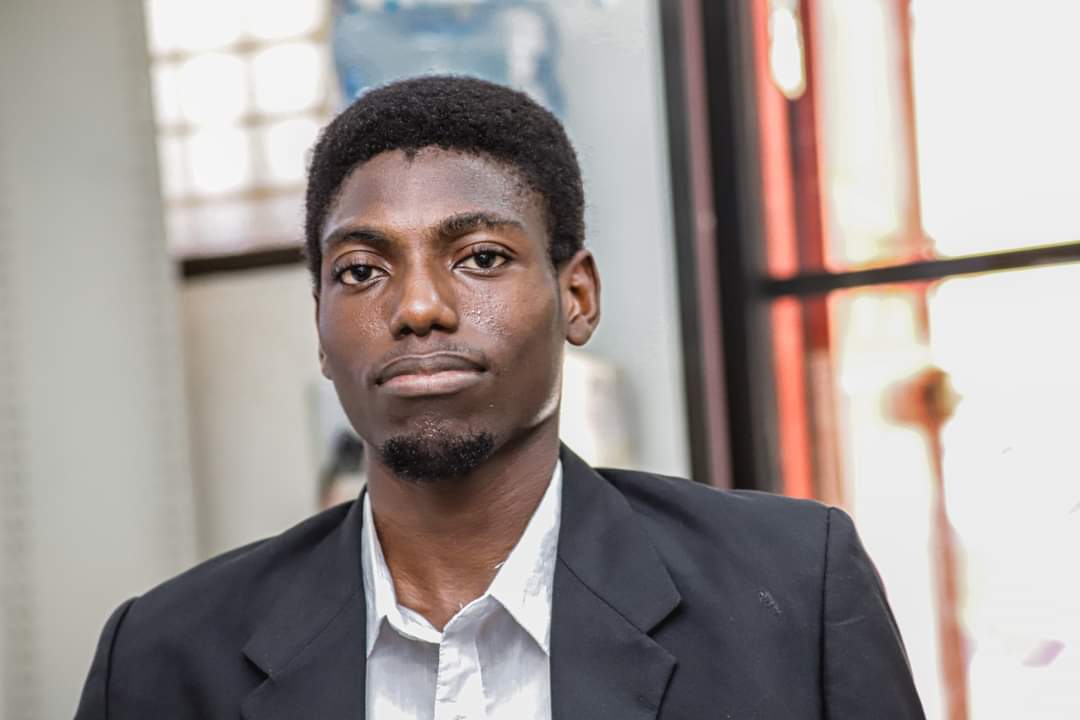A successful eighth outing
This eighth edition was held around the themes of "Health, Environment and Territorial Planning", with three excellent guests, who mastered the field of their respective interventions as best as possible. They are Dr. Jean Patrick Alfred, Director of the MSPP Study and Programming Unit; Eng. Claude Germain, former Minister of the Environment of the Republic of Haiti, currently Vice-Rector of Lumière University; and finally Mrs. Christine Stéphenson, former Minister of Tourism of the Republic of Haiti, currently Executive Secretary of the National Committee for Territorial Planning. They respectively spoke on the themes of the day.
The doctor’s intervention focused mainly on the need to impose a regulation on what is commonly called traditional medicine. A minimum of science is needed in this sector, which will be able to provide more documentation on this medicinal practice. According to him. He even argued for an alliance between conventional medicine and the latter. He also stressed the need to better manage our waste, worrying about its extreme danger to our health (because it is a source of disease). He cited as examples corpses (which constitute the most dangerous waste for humans), hospital waste, and all other waste from our daily uses. Otherwise, the rest of his speech was devoted to the need to include, in a potential new constitution, and then enforce, access to health for all, to quality medicines and in sufficient quantities.
For his part, Engineer Claude Germain spoke on the theme of the environment. During his speech, he argued in favor of establishing a Haitian environmental code, rather than including articles in a new constitution concerning this sector. Because legislating without being able to enforce seems useless and ridiculous to him. Good environmental management is a serious matter. He recalled the systemic drama that Haïti is exposed to because of the changes due to climate disruption, caused by the harmful energy consumption of human beings on the planet. Haiti, alongside Burma and Honduras, remains one of the three countries most exposed to this danger, according to the final declaration made in Paris in 2015, during the COP 21 on climate. In short, Haïti will need an environmental code that can regulate the Haitian environment in its entirety. The engineer also had to denounce certain harmful practices, such as market gardening in our hills, burning our land before planting, which kill a lot of micro-organisms in our soils, making it increasingly difficult to fertilize our arable plots.
For her part, Ms. Christine spoke on the theme of land use planning, as a necessity for the development of Haiti. Because a country that knows itself is better able to move towards the well-being of its children. During her speech, she also conducted an analysis of Haiti’s territorial potential, which she described as rich and which deserves better consideration in the overall perspective of a land use plan for the development of Haiti. Because Haïti has assets that few countries in the region have, and whose better management should be able to change the country’s trajectory in order to bring it to the well-being of sustainable development.










